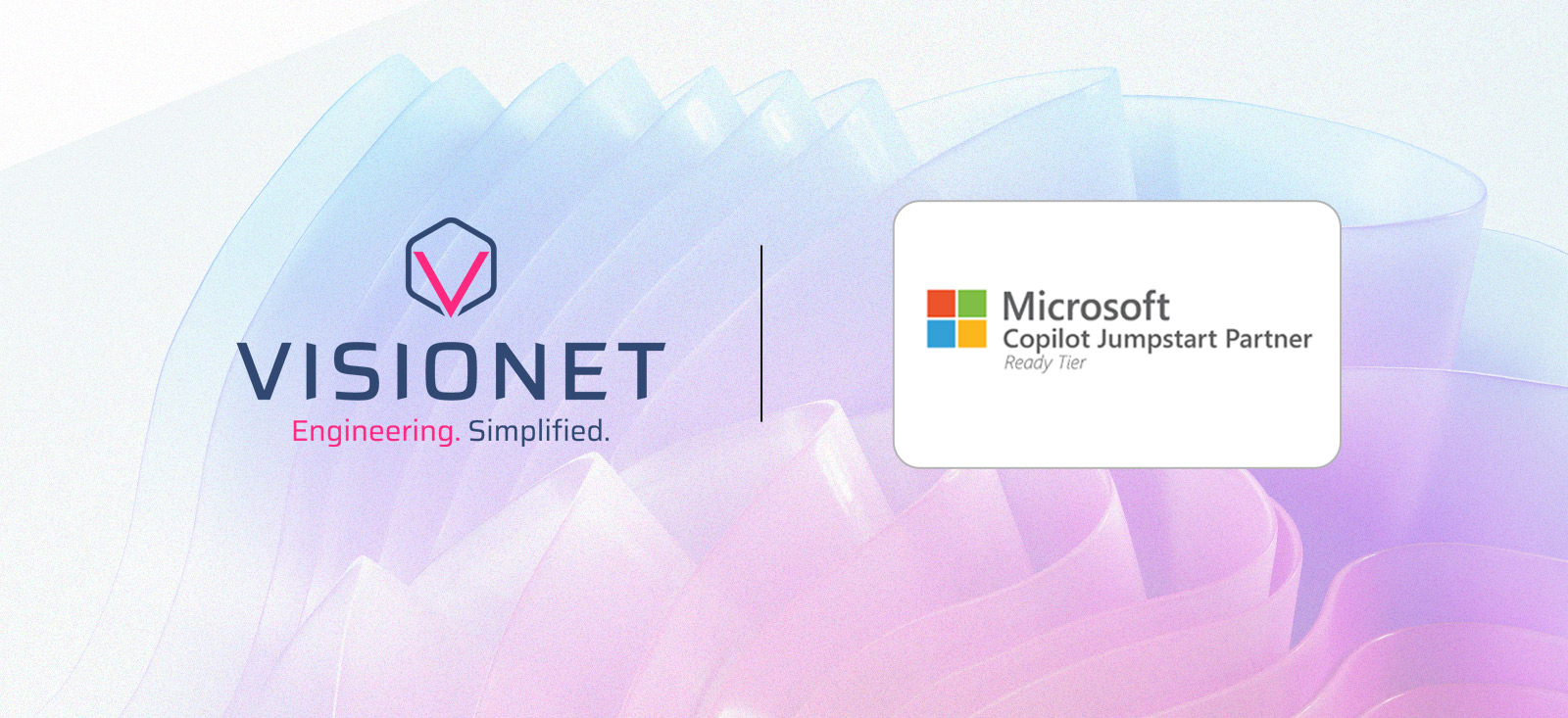
The managed services landscape is entering a defining moment. Generative AI is transforming how enterprises manage IT operations and perceive value, resilience, and innovation. We now operate in an environment where systems can self-diagnose, automate recovery, and generate contextual insights in real time—reshaping the partnership between enterprises and their Managed Services providers. Meanwhile, market signals point to sustained AI investment: Gartner projects $644B in worldwide GenAI spending in 2025 - evidence that AI is becoming foundational to enterprise operating models.
Beyond efficiency: the rise of intelligent operations
Traditional metrics—uptime, SLA adherence, ticket closure—are now table stakes. What differentiates a modern partner is intelligence: anticipating issues before they occur, enabling self-service, and aligning operations tightly with business goals. GenAI Solutions accelerate this shift by embedding knowledge retrieval, automated triage, anomaly detection, and summarization where work already happens. The result is not just stability, but a self-optimizing ecosystem that learns over time.
This isn’t theoretical. IDC reports a surge in large managed deals and notes AI-related scope growing as buyers move beyond run-the-business into transform-the-business outcomes. In 2023, 1,800+ managed services deals accounted for $100B in total contract value, with 2024 trending to larger, AI- and cloud-infused contracts. It is an indicator that enterprises increasingly expect managed services to deliver continuous improvement, not just cost control.
The agility advantage
Large Tier-1 providers still command scale, but the GenAI era rewards partners who adapt quickly, integrate smarter, and co-create value. Across BFSI, retail, and healthcare, buyers are favoring high-touch engagements that evolve with business needs—supported by GenAI services that thread automation, predictive insight, and responsible AI into the day-to-day fabric of IT operations.
GenAI as the new nervous system
Generative AI is no longer an add-on—it’s the nervous system of modern operations. When AI is infused across monitoring, incident response, root-cause analysis, release hygiene, and knowledge workflows, managed services evolve into intelligent ecosystems. This convergence of automation, analytics, and GenAI services enables continuous optimization and tighter alignment with business outcomes. Many CIOs are also pivoting from bespoke pilots to proven, productized capabilities embedded in their existing stack, seeking predictable value rather than experimental POCs.
Generative AI is no longer an add-on, it’s the nervous system of modern IT operations. When infused across monitoring, incident management, root-cause analysis, and knowledge workflows, Managed Services evolve into intelligent ecosystems that learn, adapt, and optimize themselves. Visionet GenAI Studio and CloudStudio exemplify this transformation.
GenAI Studio serves as enterprise AI enablement platform. It is a governed environment that allows organizations to design, train, and operationalize AI models across service management functions.
CloudStudio, on the other hand, powers automation and orchestration through a cloud-native lens. It unifies multi-cloud operations, automates infrastructure provisioning, and ensures continuous compliance, all reinforced with AI-driven insights from GenAI Studio. Together, these platforms bring a next-generation Managed Services framework to life — one that is predictive, autonomous, and outcome-driven.
This unified approach enables enterprises to make faster, smarter decisions, achieve predictive resilience, and operate with greater autonomy — all without the rigidity and overheads of traditional managed services models. The payoff aligns with broader IT spend trends: global IT spend is expected to surpass $5.4T in 2025, driven heavily by AI-optimized infrastructure and software, further reinforcing the role of AI-enabled managed services as the operating layer for value realization.
What “good” looks like
From reactive to predictive: GenAI Solutions enrich telemetry with context, recommending fixes and packaging changes into safe, automatable actions (e.g., change suggestions with blast-radius analysis).
From manual to autonomous: Agent-assisted workflows handle classification, summarization, escalation notes, and knowledge updates—raising first-contact resolution while reducing mean time to restore.
From siloed to composable: GenAI Services interconnect cloud, data, and DevOps pipelines, so improvements discovered by AI propagate across teams rather than living in one tool or inbox.
From projects to products: CIOs increasingly favor off-the-shelf, AI-enhanced capabilities bundled within platforms they already use—shortening time to value and limiting POC sprawl.
Guardrails matter
Momentum doesn’t eliminate risk. Organizations with stronger “Responsible AI” controls reported better business results and higher employee satisfaction. The message for managed services leaders: governance, model evaluation, security, and observability must be first-class citizens in any AI rollout. (Source: Reuters)
How to get started
- Stand up a GenAI operating model: Centralize evaluation, safety, and lifecycle management, so teams can scale patterns (not one-off pilots).
- Prioritize high-leverage use cases: Start with incident summarization, automated escalations, intelligent knowledge, and AIOps correlation, areas with measurable MTTR and CSAT impact.
- Modernize observability and SRE: AI adds power only when telemetry is rich, labelled, and privacy-aware.
- Shift metrics from output to outcomes: Track avoided incidents, time-to-detect and have Experience Level Agreements(XLAs) like CSAT, NPS Scores etc. and not just volume and SLA.
As the market resets expectations, there’s a pragmatic pivot: fewer bespoke experiments, more consumption of mature AI capabilities embedded in existing platforms. Providers who pair disciplined managed services with production-ready GenAI services will outperform—because they deliver reliability and reinvention in the same motion.
Bottom line: In the age of GenAI, agility and innovation are the real scale. The winners will be those who harness GenAI solutions to infuse intelligence into every layer of operations, transforming service management from a cost center into a compounder of value.
Author – Varun Gupta
Sr. Director, Modern Managed Service
Varun is an expert in Large Scale Applications Management Services and IT Services Management. Currently, he is working with Visionet as Sr. Director. He comes with more than two decades of experience in IT Services – particularly AMS in Hi-tech, retail and automotive industries.




